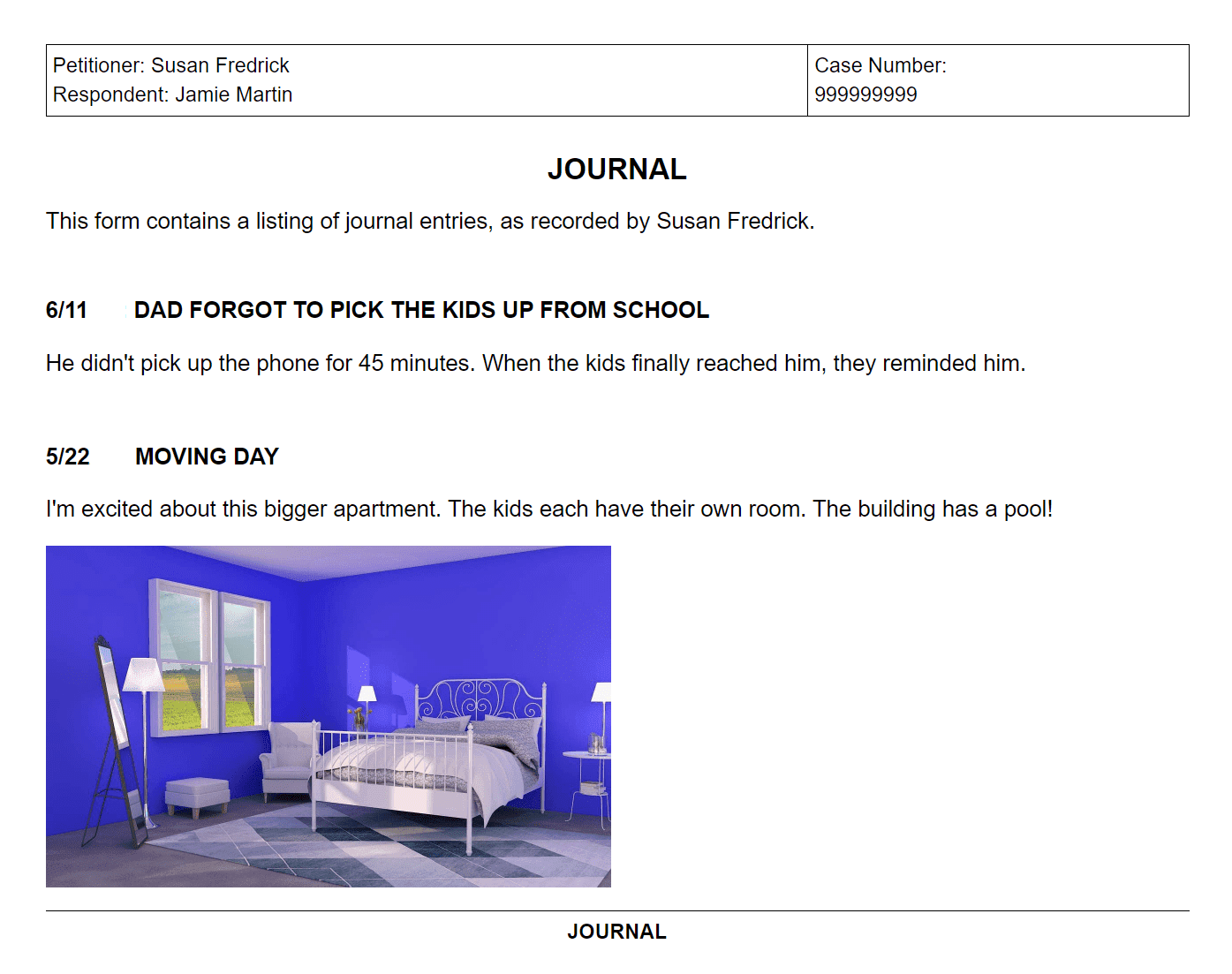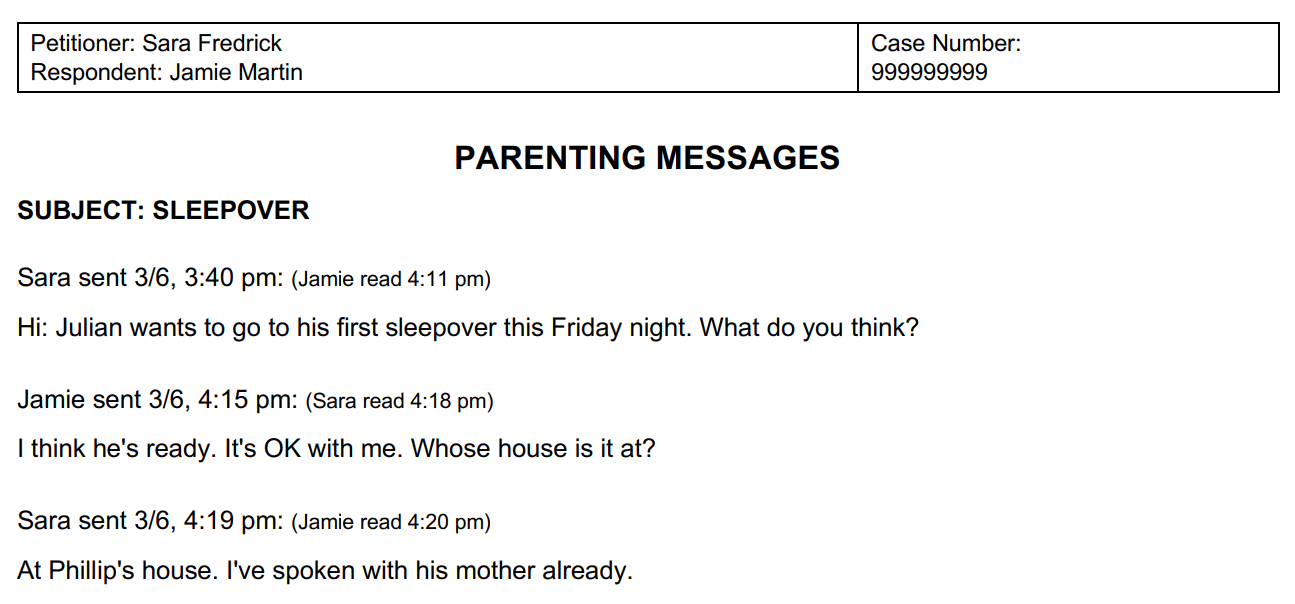Parenting Coordination: What It Is, Pros & Cons, Costs
When parents have a hard time communicating, they may need a third party to intervene. If mediation is ineffective or inappropriate for the situation, parenting coordination is an alternative dispute resolution method that might work instead. Parenting coordinators help parents talk through differences and make child-related decisions. The process typically begins after the court issues the final custody order, but parents can also use coordination to negotiate a settlement.
Parenting coordinators commonly work with parents who can't talk about the child without arguing. However, co-parents who get along could also benefit from the process whenever they reach an impasse. Whether the court has ordered you to attend parenting coordination or you're considering going voluntarily, start the process knowing what to expect.
What is a parenting coordinator?
A parenting coordinator (PC) helps parents communicate, defuse tension and make day-to-day child-rearing decisions. In some states, the PC can actually make decisions when parents can't agree. PCs are also called parental coordinators or parent coordinators.
PCs are usually specially-trained mediators, mental health professionals or family lawyers.
The parental coordinator's goals are:
- Protecting the child's best interest
- Encouraging cooperation between parents
- Encouraging respectful interactions between parents
- Keeping parents out of court
What does a parenting coordinator do?
A parent coordinator helps parents make timely decisions so the parents can tend to their child's needs. They may meet with parents individually or together.
Parental coordinators cannot modify court orders, but they can make minor changes to the current parenting plan. For example, the PC might:
- Place limits on where parents can take the kids during visits
- Keep parents from discussing certain things in front of their kids
- Decide which sports kids participate in
Given this authority, a PC can (more broadly) help parents to:
- Settle their case
- Follow court orders
- Resolve disputes
- Improve communication
If a parent disagrees with the PC's decision or recommendation, they can take the issue to court.
If a parental coordinator suspects child abuse, they must always report it to authorities.
How often you'll meet
The frequency of parenting coordination meetings depends on your case.
In the beginning, you might attend a few sessions so the PC can familiarize themself with your situation and you can get used to the process.
From there, you might only meet with the parent coordinator when you're at odds with the other parent. The PC usually keeps an open line of communication through phone, email and other remote methods in the meantime.
If you worry that one parent may take advantage of PC sessions to annoy the other parent, you can ask the court to limit the frequency: for example, no more than four sessions per year.
Understanding the PC's role in your case
You'll want to clarify:
Whether the PC can make decisions. If the parents voluntarily go to parenting coordination, they may be able to treat the PC as a consultant without legally empowering them to make any decisions for them. Usually, however, the parenting coordinator is empowered to make decisions.
The topics on which they can (or can't) make decisions. The court or the parents specify ahead of time what kinds of decisions the PCs can make. Additionally, the parenting coordinator may refuse to discuss a particular topic and may refer you to another professional who can better address that specific concern.
The process for finding a different PC. Some parenting plans include a provision that neither parent can fire the PC. Judges may assign a different PC if needed.
Whether what you say in the room stays in the room. If your parenting coordination is confidential, then what you say in session can't be used in court; but if it's not, then what your PC knows about you is fair game to be brought up in court, and they can testify.
Whether they need to stay informed about all your interactions with your co-parent. Some parents communicate by email and copy their PC on every email they send. Expectations like this should be written down so everyone shares the same understanding.
If there are special issues in your case. For example, some families turn to parenting coordination as an intervention for parental alienation. A PC could identify the signs of alienation and act to make sure the parent-child relationship remains intact.
Parenting coordinator costs
Expect to pay around $200 an hour for a parental coordinator's services. The cost could be more or less depending on your location and the PC's experience. For example, in New York City, some coordinators charge $400 per hour.
Parents usually split the cost evenly, but they or the court could decide on a different cost split. One parent might absorb all costs if their income is significantly higher than the other parent's.
Parenting coordinator pros and cons
There are potential upsides and downsides to parenting coordination.
Pros
- It reduces the chance of returning to court.
- Parents may have fewer arguments.
- Less conflict could create a more positive home environment for the child.
- Parents get an outside opinion that places the child at the forefront.
- Parents find out the root cause of conflict so they can squash it.
- The focus shifts to parenting rather than disagreements.
- It encourages parents to be more active in their child's life.
Cons
- The PC has a lot of power they could potentially abuse. They establish the rules, decide whether parents are complying and can punish parents for not following them. Plus, they can access conversations between parents, legal documents, etc. — information that other professionals would likely need a warrant to access.
- The PC could be biased or manipulated. If the PC has a bias towards one parent, they could negatively impact the other parent's relationship with the child. For example, the parent coordinator could reduce the amount of time one parent spends with the child. A parent could also take advantage of the PC's power.
- The PC has a financial interest in the conflict continuing. The parent coordinator's job relies on parents being at odds. Some may take advantage of this and put less focus on conflict resolution.
If your PC is allowed to testify in court, you may perceive this role as a pro or a con. This depends on which custody outcome the PC's observations and recommendations are expected to support; a shared expectation can help you reach a settlement. It also depends on whether the PC actually does testify, should you continue litigating.
Keeping your parenting coordinator in the loop
A lot can happen between your meetings with the parenting coordinator. Document what's happening in your parenting life so there's no need to rely on one parent's word.
The Custody X Change app allows you to keep a journal to make note of any disagreements you have with the other parent, any time they drop off the child late, etc. You could link accounts with your PC so they can view your journal entries or print them to show at your next meeting.
 Try this with Custody X Change.
Try this with Custody X Change.
You can also exchange messages with the other parent through the app, so you have a printable record of what was said.

The easiest way to document everything related to your child custody situation is Custody X Change.
